Introduction
Experiencing trouble with your Ryobi self-propelled lawn mower can halt your yard maintenance and disrupt your day. As an experienced gardening equipment expert, I offer a trusted guide to help you quickly diagnose and fix common issues that prevent these mowers from propelling themselves. Whether it’s battery failures, belt issues, or engine troubles, this article leverages my expertise to provide authoritative, reliable troubleshooting tips, ensuring your mower is back in action swiftly and efficiently.
Understanding Your Mower
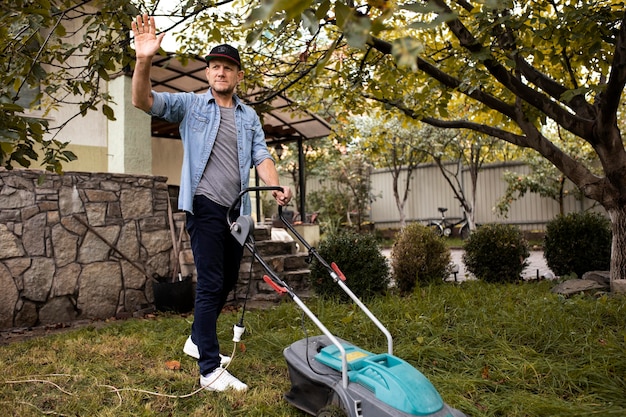
Like those from Ryobi, self-propelled lawnmowers typically use a drive system that includes a battery, a drive belt, and an engine. These components work together to move the mower without the need for pushing. Understanding these parts can help you better diagnose issues when the mower ceases to propel itself.
Battery Troubles
The battery is often a culprit in self-propelled mowers that won’t start or move. It may be drained, old, or simply unable to hold a charge. Checking the battery’s condition and charge level can quickly rule out or confirm power issues.
Belt and Drive Problems
The drive belt transfers power from the engine to the wheels. A worn, loose, or snapped belt will stop your mower right in its tracks. Regular inspection can prevent sudden failures, and replacing an old belt is one of the simplest ways to restore mobility.
Engine Issues
The engine’s health directly impacts the mower’s performance. Problems, like clogged air filters, old spark plugs, or contaminated fuel, can prevent the engine from functioning correctly, thereby affecting the mower’s self-propelling feature.
Step-by-Step Troubleshooting Guide Checking the Battery
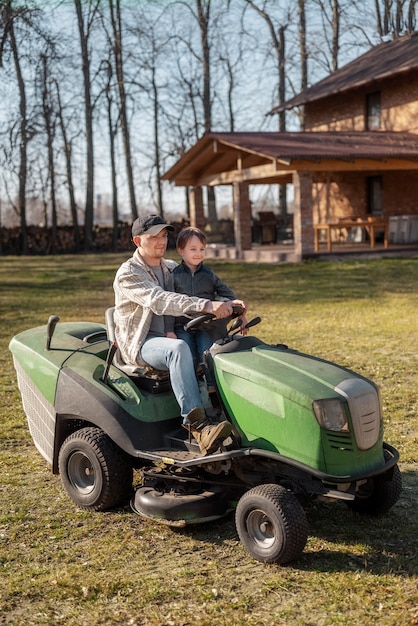
Begin by checking the battery’s voltage with a multimeter. Replace the battery if it fails to meet the required power levels. Ensure the connections are clean and tight as well.
Inspecting the Drive Belt
Visually inspect the belt for any signs of wear or damage. If the belt is frayed or looks stretched, replacing it might be necessary. Make sure it’s correctly aligned and has the proper tension.
Engine Maintenance
Check the engine oil level, replace the air filter if dirty, and ensure the spark plug is in good condition. Simple maintenance can often restore engine health and functionality.
Preventative Maintenance Routine Cleaning
Keeping your mower clean is essential for its longevity. Grass and debris can clog moving parts and affect performance. Regularly clean the undercarriage and ensure the air vents are free of debris.
Regular Inspections
Make it a habit to check all critical components of your mower before and after use. This practice can help you catch issues before they lead to a non-functional mower.
Advanced Troubleshooting Transmission Check
If the simpler checks don’t resolve the issue, consider examining the transmission. A malfunctioning transmission can also cause the mower not to self-propel. This might require a professional’s insight if you’re not familiar with the complex parts of mower transmissions.
Adjusting the Speed Control
Sometimes, the issue might be with the speed control settings. If your mower is moving but at a significantly slower pace, check if the speed setting is adjusted correctly. This can often be a quick fix that doesn’t require parts replacement.
Checking for Obstructions
Another area often overlooked is the wheel and blade area for obstructions. Rocks, sticks, or excessive grass build-up can impede movement. Ensure these areas are clear of any debris to facilitate smoother operation.
When to Seek Professional Help
If you’ve gone through all the basic troubleshooting steps and your mower still isn’t working, it might be time to call in a professional. Sometimes, issues like a faulty motor or a deeper mechanical failure require expert attention.
Conclusion
Keeping your Ryobi self-propelled lawn mower running smoothly requires a bit of knowledge and regular maintenance. By understanding how your mower works and being vigilant about checking its main components, you can often fix common issues without needing professional help.
Remember, regular maintenance is key to preventing future problems and ensuring your mower stays in top condition for years to come.
FAQs – Short Answers
What should I do if my Ryobi mower starts but won’t propel itself?
Check and replace the drive belt if damaged, clear any debris from the wheels, and ensure drive settings are correct.
How often should I replace the drive belt on my self-propelled lawn mower?
Replace the drive belt every one to two years or sooner if it shows signs of wear such as fraying or cracks.
Can a dirty air filter cause my mower to stop propelling?
Yes, a dirty air filter can reduce engine power, potentially affecting the mower’s ability to propel itself.
What are the signs that my mower’s battery needs replacing?
Look for difficulty starting, inconsistent power, or the battery not holding a charge as signs it may need replacing.
Is it worth repairing an old self-propelled mower, or should I just buy a new one?
If repair costs are over half the price of a new mower or parts are hard to find, consider buying a new one; otherwise, repair might be more economical.
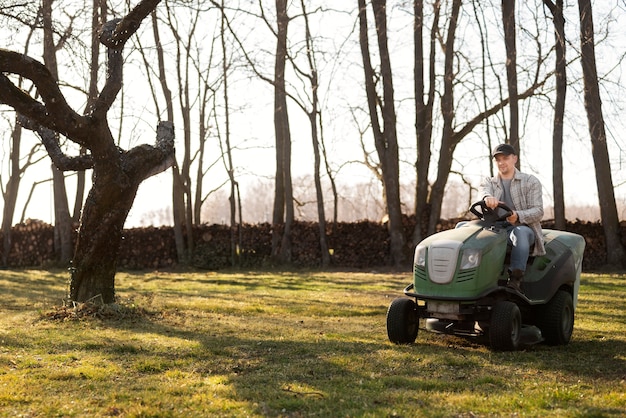
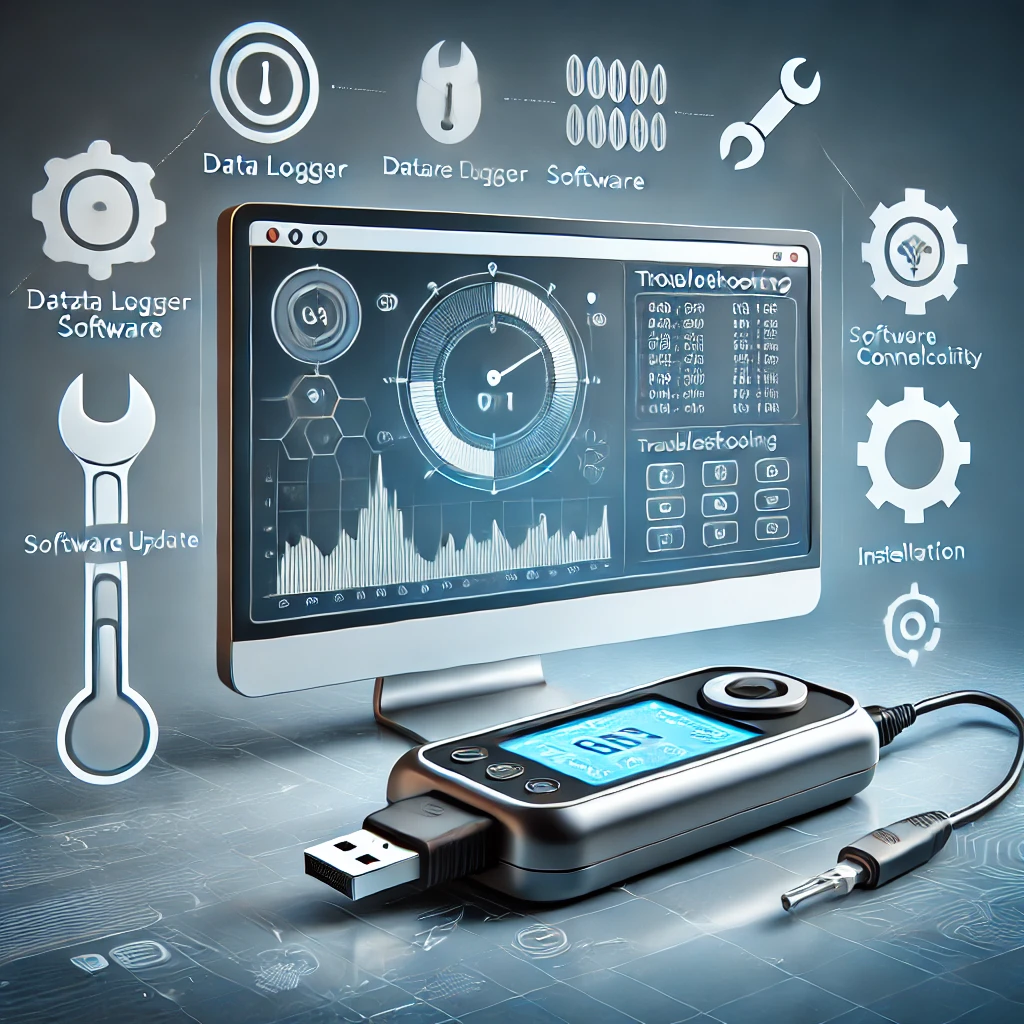







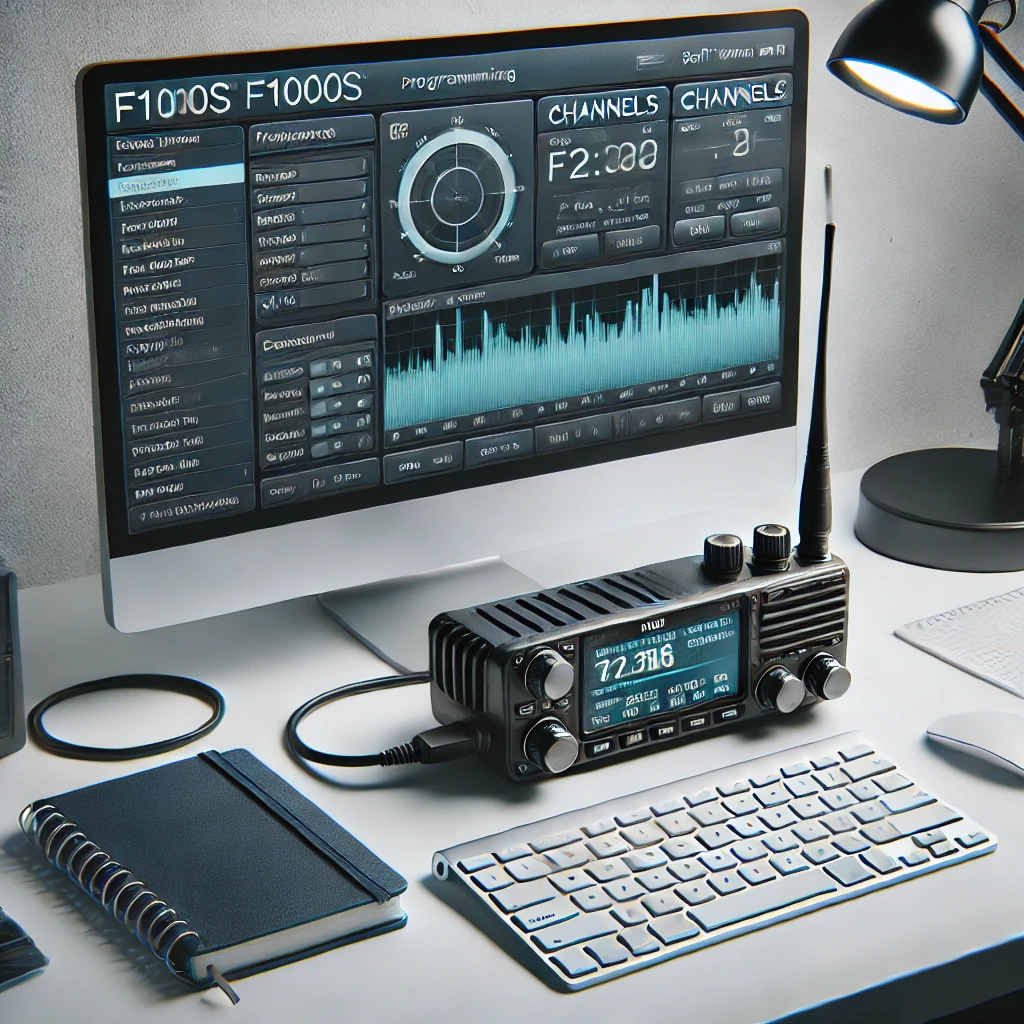

Leave a Reply